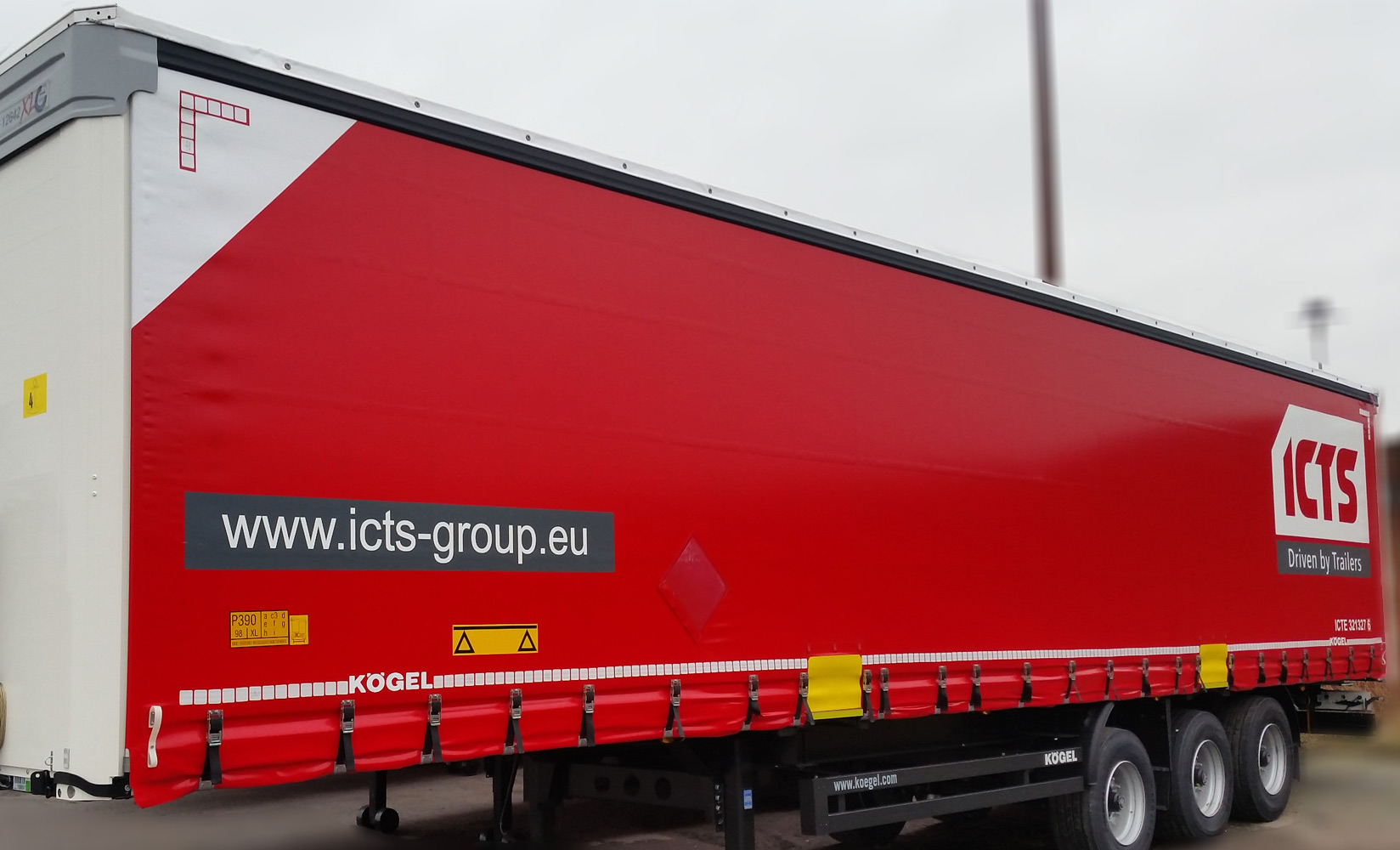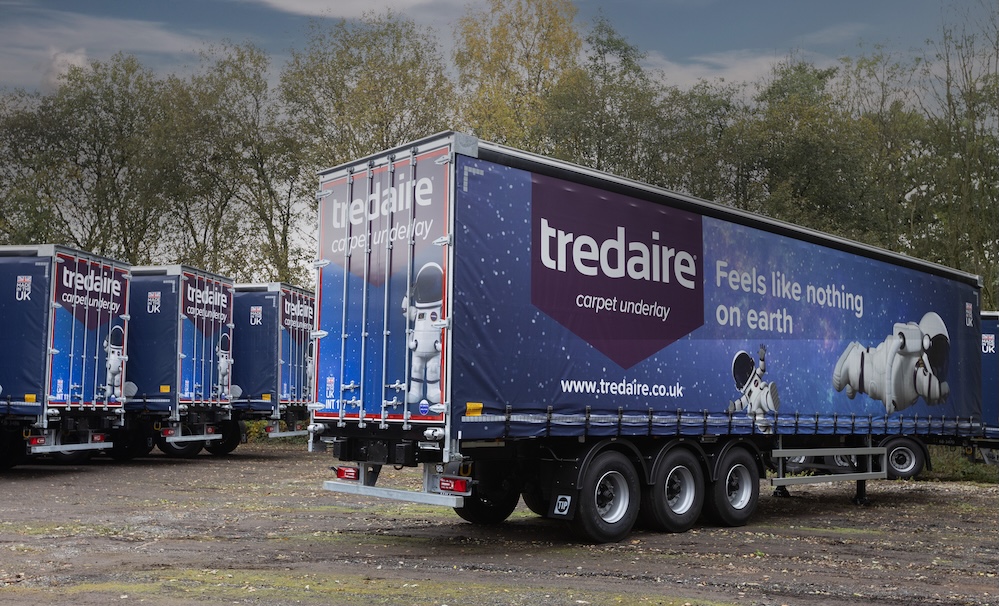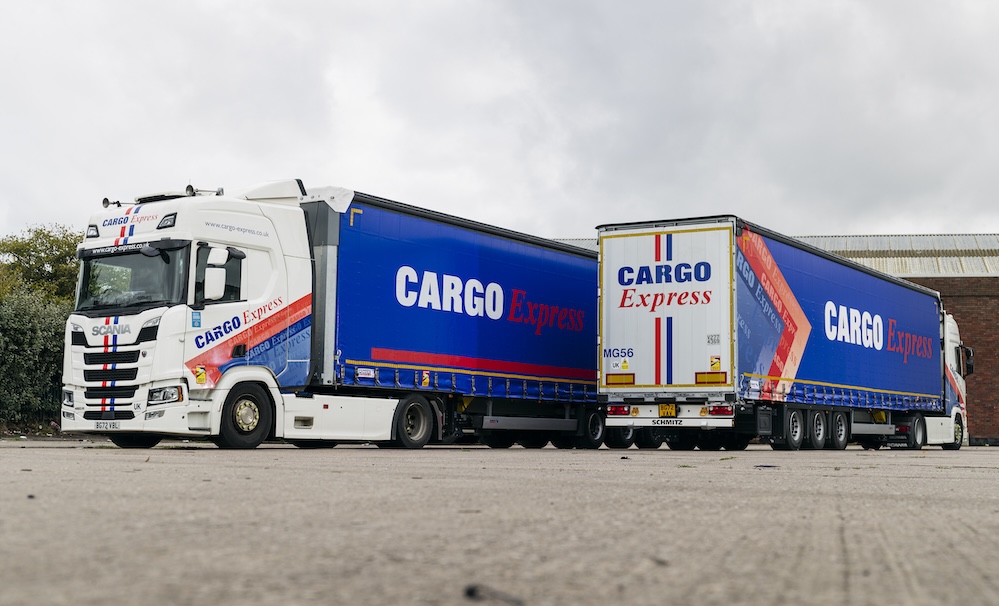Any company that manages the transportation of its goods in-house is committed to on-time, in-full, and no-error deliveries. This is not always easy given today’s competitive climate, changing market conditions, increasing customer demands and the high costs trailers bring.
This article identifies a simple solution to the above which will directly result in a positive impact to a company’s customer service and profitability levels. Let’s take a closer look.
Adding trailers to one’s fleet is a big burden on a company’s balance sheet due to its high initial investment costs. Depending on the type of trailer an the average cost, a new trailer can easily exceed the £25,000.00 mark. For most companies, especially those focusing on organic growth, this is simply impossible to manage without a substantial loan or capital reserve. This is where trailer renting comes in and provides a straightforward solution. Rental contracts are tailored to clients’ specific needs and are tailored as short- (<1y) or long- (>1y) term hire, each brining their own advantages. As example the flexible breakup clause a short term contract provides, or the possibility of subleasing to subcontractors.
Let us look at a practical example where a company decides it wants to expand its fleet by 10 new trailers but does not have the know-how or capital to do so. A rental company will carry the investment cost on its books and can capitalize on its own fleet and existing partnerships with manufactures such as Van Hool, LAG, Kögel, Schmitz or Käsbohrer. At the same time it will act as a consultant to ensure the perfect trailer fit gets delivered. Furthermore, when the trailer has passed its prime it can simply be replaced by a new one. The contract holds and the old trailer finds a new home and second life somewhere else, the responsibility of which lies on the rental company. If one wishes to buy the trailer at the end of the contract an optional “buy-back” clause is added.
Another strong point in favor of trailer rental is the added flexibility it brings. By having an in-house fleet one is limited by its own trailer capacity, types, and dimensions. Being able to fill unexpected peaks of demand and comply with customer specific requirements is a massive competitive advantage. It is worth mentioning that some trailer rental companies offer full breakdown services and coverage. This is sure an additional security for your business and undeniably comfortable solution to unplanned repair costs.
Production companies which manage their own transport in between plant and warehouses are restricted by loading times during which drivers are on standby. By assigning extra trailers to a driver’s route, one can use his time more effectively and increase distribution speed. Imagine a trailer carrying the initial load has arrived at the warehouse, the driver can now pick up this additional trailer, may it be with a return or pallet load, and drive back immediately. Upon arrival back at the factory, after dropping of the second trailer, an already loaded third trailer can be picked up, and so the cycle continues. One can start to see clear optimization opportunities when considering the timed distance to cover between the departure and destination point to the loading time needed.
The above examples illustrate the key points as to how trailer rental can be a positive alternative to own fleet purchasing. Clients are increasingly appreciating the savings a convenience trailer rental agreement brings. Trailer renting can attribute in solving many other problems. Company directors are getting more and more convinced of its benefits.
Following a long term rental agreement regarding 50 45ft gooseneck chassis’ with P&O Ferrymasters and delivery of 50 double-stock box trailers to Europa Worldwide Group, an independent international forwarding based in Dartford, Great Britain, the trailer rental company ICTS successfully rented 50 curtainsiders to the Belgian branch of DB Schenker.
DB Schenker supports the performance of forwarding and logistics tasks at Deutsche Bahn (DB). DB is a leading company on the world air and sea forwarding and logistics markets and in Europe it has the largest national transport network and experience in rail forwarding.
In Belgium, DB Schenker, is based in Antwerp and employs 640 people across eight branches.
ICTS manages and maintains vehicles part of its own fleet comprising 1500 trailers, located in countries such as Great Britain, The Netherlands, Belgium, Poland and Russia. “Renting out 50 curtain side semi-trailers to DB Schenker in Belgium has to be seen in the light of ICTS’s drive to consolidate its position amongst international players. The rental agreement between DB Schenker and ICTS is in line with our globalization strategy. ICTS is striving to step up its cooperation with international ‘first in class’ players.” – says Christophe Deboo, in charge of sales and marketing at ICTS. “This year ICTS plans to expand its fleet by 300 new trailers designed for various product and market segments. Our goal is to be ‘top three’ on the markets where we are active.” adds Christophe Deboo.








